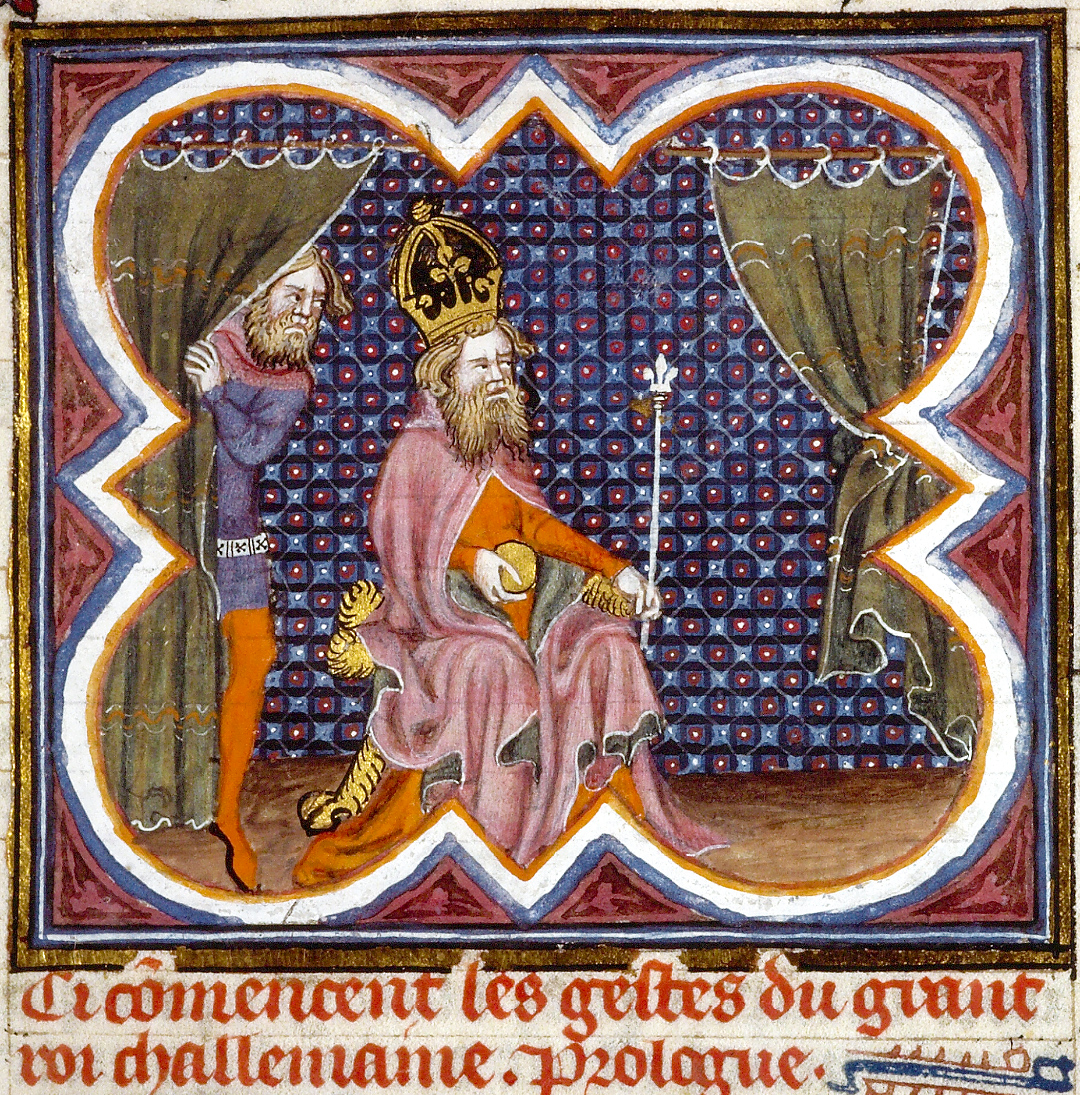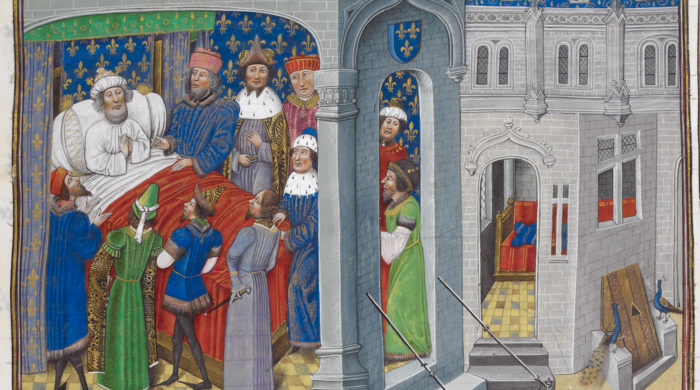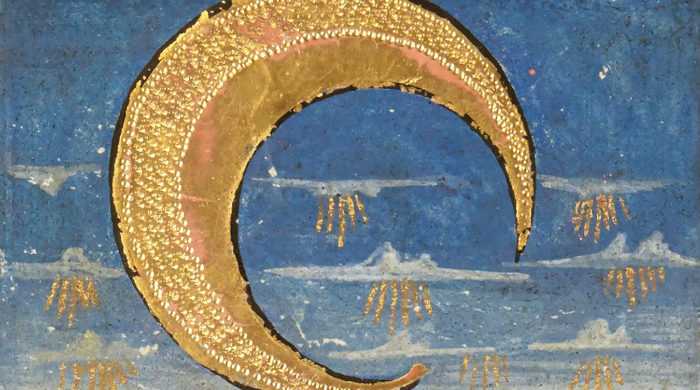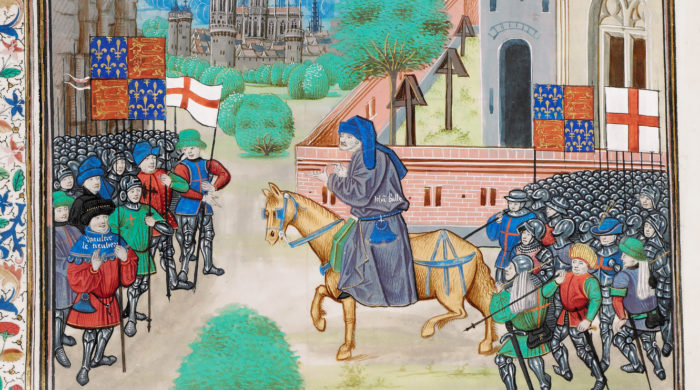Birth of Charlemagne

April 2 is, according to several reconstructions, to be counted as the birthday of Charlemagne: the great King of the Franks and Lombards, and later Holy Roman Emperor, who managed to unite much of western and central Europe and became the first Emperor in the West after the fall of the Roman Empire. But what year, exactly, was Charlemagne born into?
Even though many different sources exist, the exact year in which the Emperor was born seems to be impossible to calculate with certainty: it could have been either 742, 747 or 748 AD. In the year given in the Annales Pataviani, 747, April 2 also coincided with Easter: a fact that, if true, likely would have been highly symbolic and thus noted in contemporary sources, but was not. In addition to this, Charlemagne being born in 747 or 748 would actually contradict the sources that state the King was more than 70 years old at the time of his death in 814.
The other option, year 742, comes exactly from these calculations: if, as many state, Charlemagne was at least 72 when he died, 742 would be the most logical date for his birth. This year, however, would predate the marriage of his parents in 744: Pepin the Short and Bertrada of Laon, in fact, were bound by a private contract (a Friedelehe) not considered to be a legal union. This would support the idea that the future Emperor was technically an illegitimate child, a fact that lead to the mutual dislike between him and his younger brother Carloman, as each of them considered himself to be the sole heir of their father. After Pepin's death in 768, Charlemagne and Carloman were both proclaimed king and initially ruled the kingdom together until Carloman's sudden death in 771.
"Charlemagne", illumination from the manuscript "Grandes chroniques de France", ms. 0880 (0786), f. 092r, end of the 14th century, Bibliothèque Municipale, Lyon.
September 16, 1380: on this day, King Charles V of France died after…
Un piccolo passo per un uomo, un grande balzo per l'umanità. Dopo aver…
July 15, 1381: the English priest John Ball is hanged, drawn, and quartered because…


